Ambazonians argue that they withdrew that consent long ago — when the so-called United Republic of Cameroon was imposed in 1972. That act, they say, dissolved the original two-state federation agreed upon in 1961 and absorbed West Cameroon (today’s Ambazonia) without the people’s permission.
By Eposi Luma | Civic Education Series — The Independentist
When Ambazonian leaders say that the electoral crisis in French Cameroon “does not concern” the people of Southern Cameroons, they are not being indifferent. They are being deliberate — guided by clear principles of political science and international law. Let’s unpack what that really means.
The Principle of Legitimacy and Consent
A government is only legitimate if the people under it have freely consented to be governed. That is a basic idea from thinkers like John Locke and Jean-Jacques Rousseau.
Ambazonians argue that they withdrew that consent long ago — when the so-called United Republic of Cameroon was imposed in 1972. That act, they say, dissolved the original two-state federation agreed upon in 1961 and absorbed West Cameroon (today’s Ambazonia) without the people’s permission.
So, by refusing to vote in Yaoundé’s elections, they are not “boycotting” for protest’s sake — they are simply saying: you cannot rule us without our consent.
The Principle of Self-Determination
International law — from the UN Charter itself — recognizes every people’s right to choose its own political future.
For Ambazonians, that means reclaiming control over their destiny as a people with a unique colonial history under Britain, their own common law system, and a cultural identity distinct from that of French Cameroon.
When they say “the election doesn’t concern us,” it is an affirmation that their political future must be decided by them, not in Yaoundé.
The Principle of Representation and Identity
True democracy depends on fair representation of all communities in a state. But after the centralization of power in 1972, Ambazonians were pushed out of meaningful roles in decision-making.
Refusing to take part in a process that has never represented them is, therefore, an act of self-respect — a stand against decades of tokenism and marginalization. It is also a reminder that unity must be built on equality, not absorption.
The Principle of Sovereignty and Non-Interference
Every sovereign people has the right to manage its own affairs without interference. Ambazonian leaders view the current electoral fight in Yaoundé as an internal quarrel within French Cameroon. It is their house that is burning — not ours. Standing aside is a declaration of political separation: Ambazonia is not part of that state. We have our own nation-building to focus on.
The Principle of Pragmatism and Strategic Neutrality
Sometimes, doing nothing is the most strategic move. By staying neutral in the French Cameroon crisis, Ambazonia keeps its hands clean and its moral argument intact.
Joining either camp in Yaoundé’s political war would be like endorsing the very system they reject. Instead, they conserve their energy for humanitarian relief, education, and governance in liberated communities.
It is a choice rooted in political wisdom: when your neighbour’s house is on fire, do not run in to join the fight — protect your own home first.
Final Word
So, when Ambazonians say the Cameroon elections “do not concern us,” it is not apathy — it is principle.
It is a statement of sovereignty, of memory, and of self-respect. It says: we once came to the table as a free people — and we will return to it as one.
Eposi Luma for The Independetist













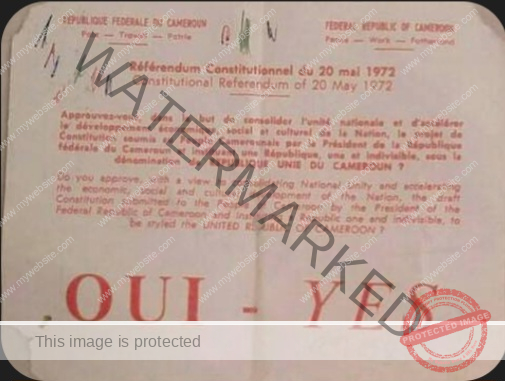
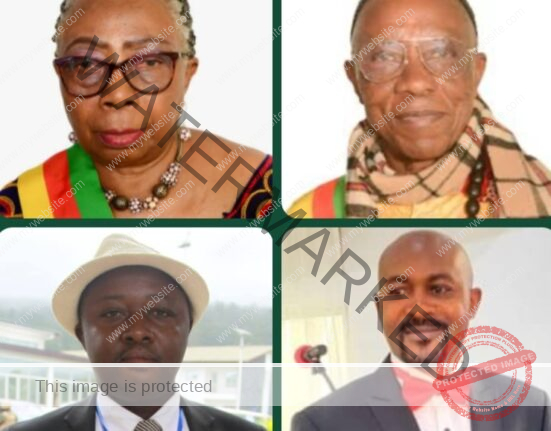
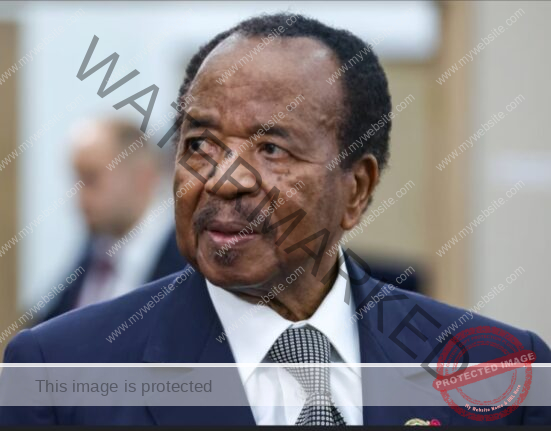
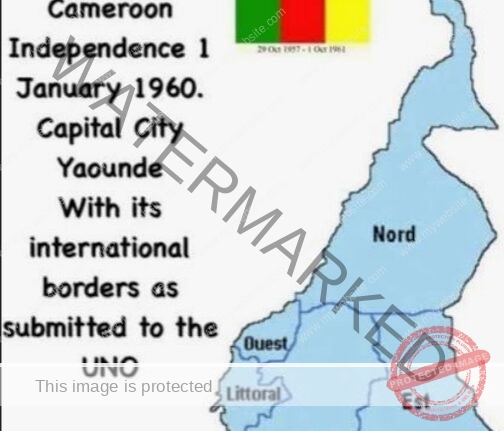

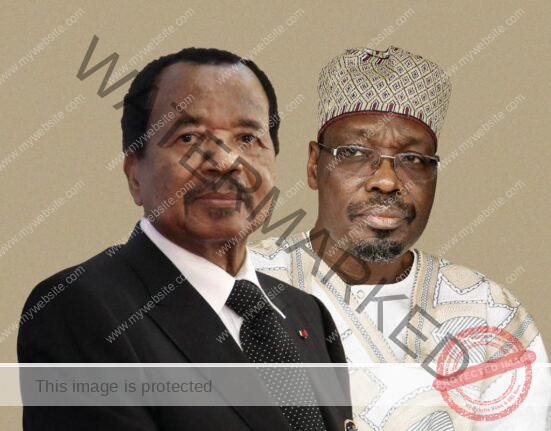
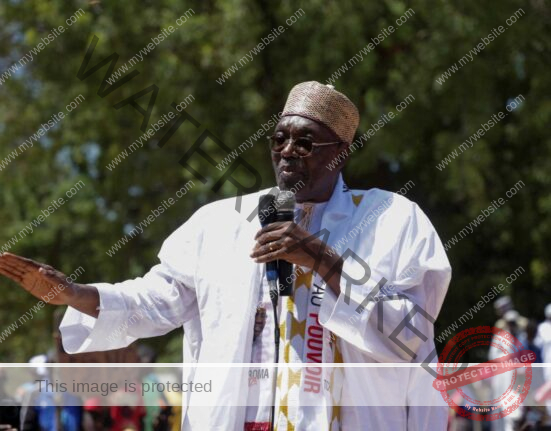

Leave feedback about this